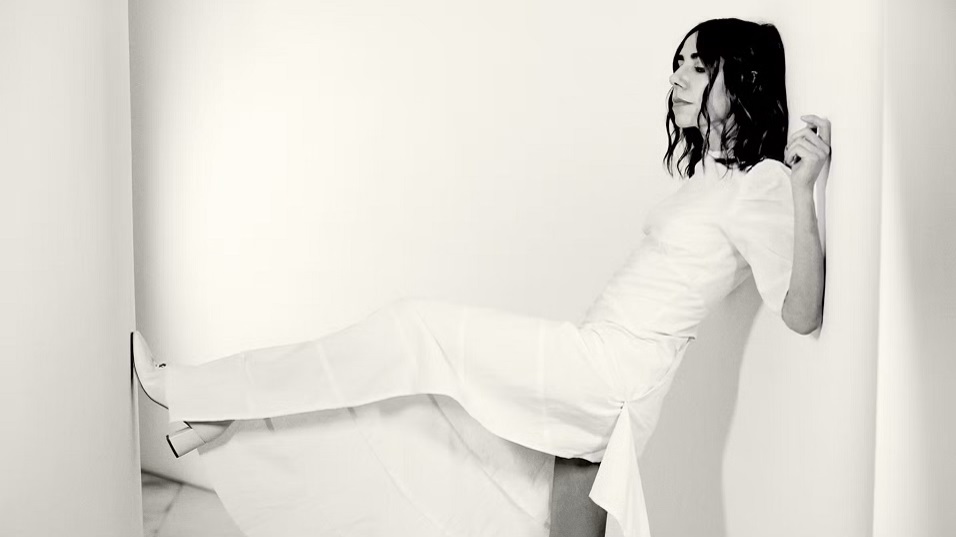Album Review: PJ Harvey – I Inside the Old Year Dying
3 min read
PJ Harvey has had an acclaimed and storied career, with no fewer than ten studio albums released in the last 30 years. Receiving widespread critical affirmation from publications such as Rolling Stone (who list three of her albums in their “Top 500 Greatest Albums of All Time” list) and NME as well as being inducted with an MBE for her services to music. With so many fantastic and diverse albums behind her, one would understand if perhaps it’d be a struggle to deliver something new and fresh that can proudly take it’s place in her impressive discography, but a struggle it most certainly doesn’t seem like once you listen to I Inside the Old Year Dying.
 Opening with jazz-infused drums and her trademark creative lyrics is the song Prayer At The Gate, which uses a catchy vocal hook to break up the verses whilst still allowing her impressive range to take centre stage. Soon after comes the aptly named Lwonesome Tonight, with it’s pulsing drum beat adding a new feel to the album and diversifying the dynamics, whilst also potentially containing a slight inspiration from Fleetwood Mac. It’s here that PJ Harvey’s unique vocal style is in full majestic force, although really that can be said for the entire record. The “Lwonesome” feel is carried on with the track Seem an I, which opens with vulnerable and mournful isolated vocals, which reminds this listener of a keening sea shantt, until bluesy guitar kicks in to add a whole other dimension to the song.
Opening with jazz-infused drums and her trademark creative lyrics is the song Prayer At The Gate, which uses a catchy vocal hook to break up the verses whilst still allowing her impressive range to take centre stage. Soon after comes the aptly named Lwonesome Tonight, with it’s pulsing drum beat adding a new feel to the album and diversifying the dynamics, whilst also potentially containing a slight inspiration from Fleetwood Mac. It’s here that PJ Harvey’s unique vocal style is in full majestic force, although really that can be said for the entire record. The “Lwonesome” feel is carried on with the track Seem an I, which opens with vulnerable and mournful isolated vocals, which reminds this listener of a keening sea shantt, until bluesy guitar kicks in to add a whole other dimension to the song.
One thing that has to be brought up about this album, is the unique and quirky use of the “Dorset dialect” wherein odd sounding words cropping up in nearly every section, a creative and inspired way to set PJ’s music apart from her contemporaries. In the song The Nether-Edge, this is on full display, especially with the saying “wull sarch, Eäpril wull try, Mäy u’ll tell if you’ll live or die” which roughly translates to “March will search, April will try. May will tell if you’ll live or die”. The use of the Dorset dialect is further used in the title track, which is also the shortest song on the album, although it does have higher energy instrumentals than the rest of the record.
The album contains a plethora of different styles and influences, including electronic on the song All Souls which offsets the odd melody with a slowly pounding bass in the background, which at first merely serves the song but eventually catches the attention of the listener as it builds to become the main hook of the song. The diverse style is also shown in the twin songs A Child’s Question, August/A Child’s Question, July, two diametrically different tracks spiced with elements of folk, blues and country, and also includes a surprise male guest vocal from Colin Morgan.
In any career so long and varied, it can become such a challenge to deliver something new to the legions of loyal fans, as well as have it be something that fits in with such a sparkling discography. PJ Harvey has had very few misses, and the wait for one will just have to continue and she contributes a solid, creative and charmingly quirky album to her collection, one that is sure to be enjoyed by millions.



